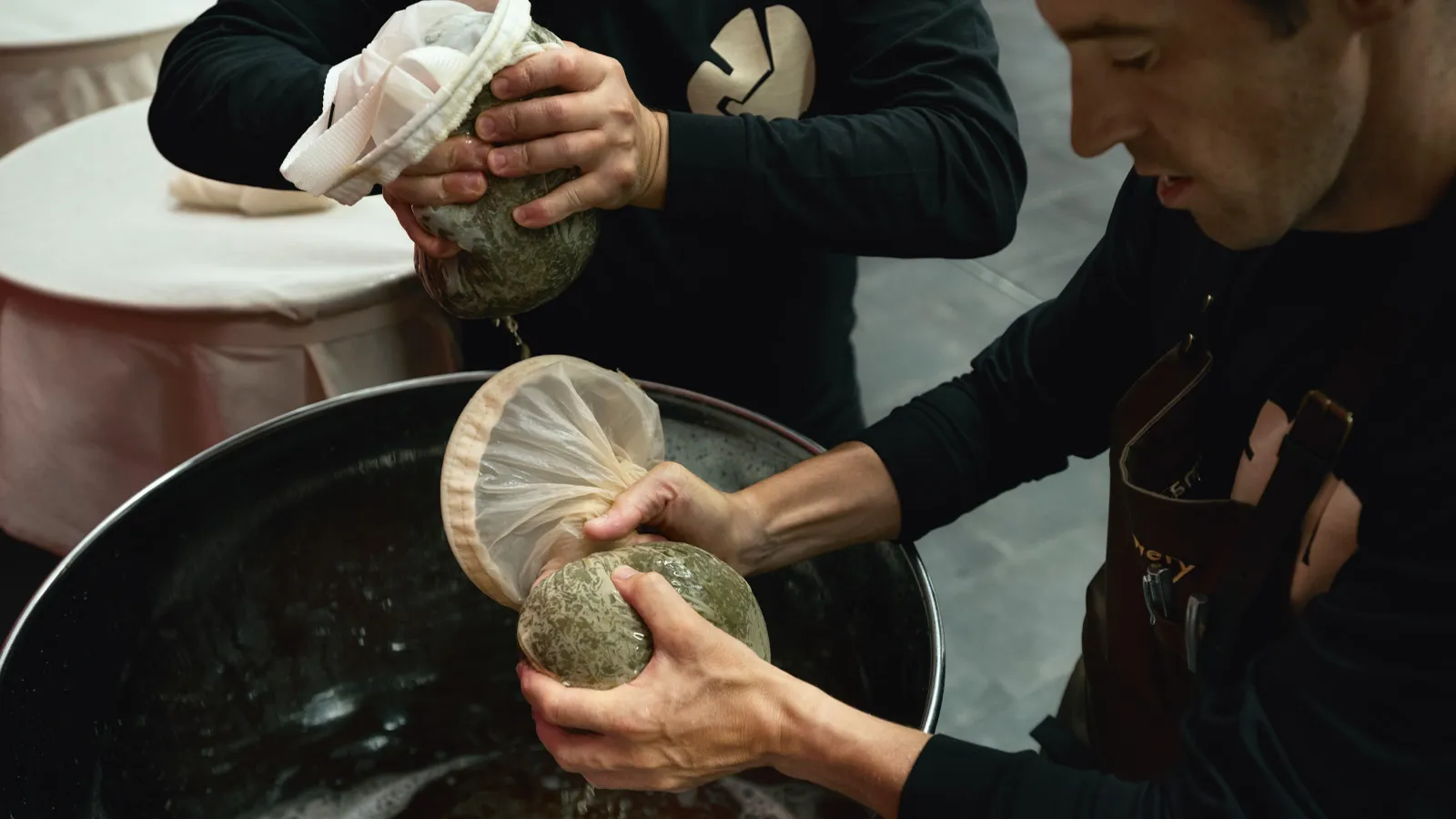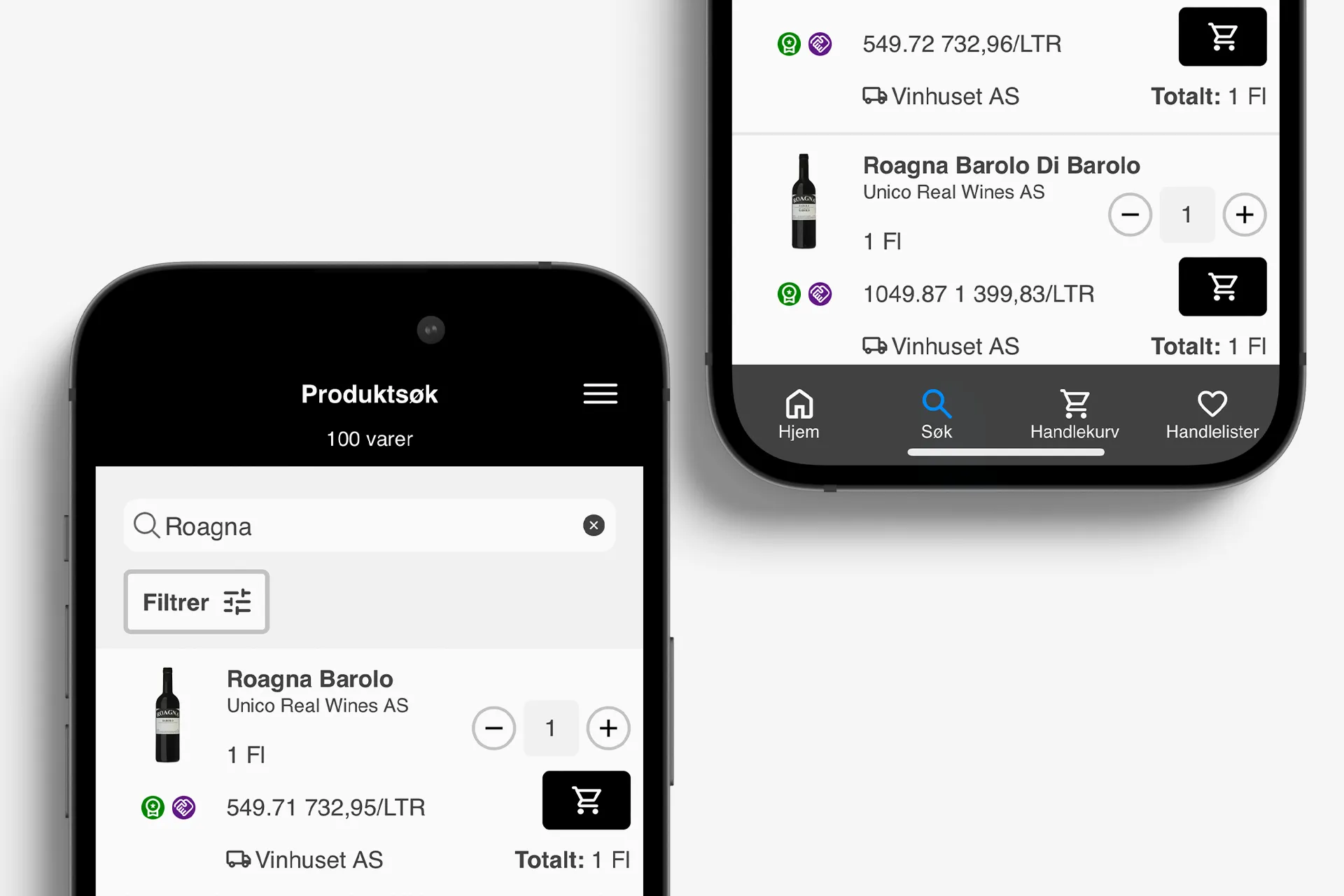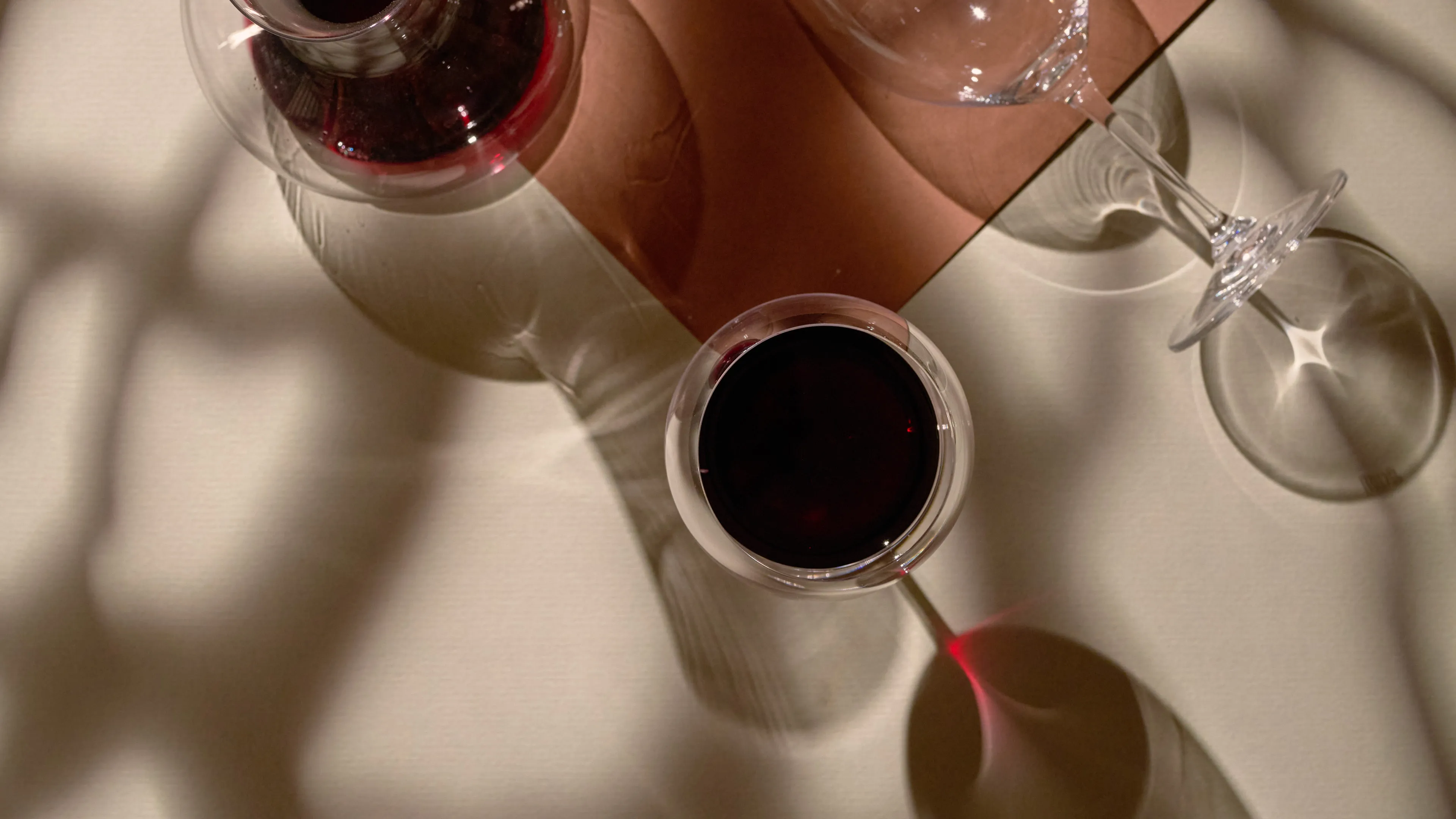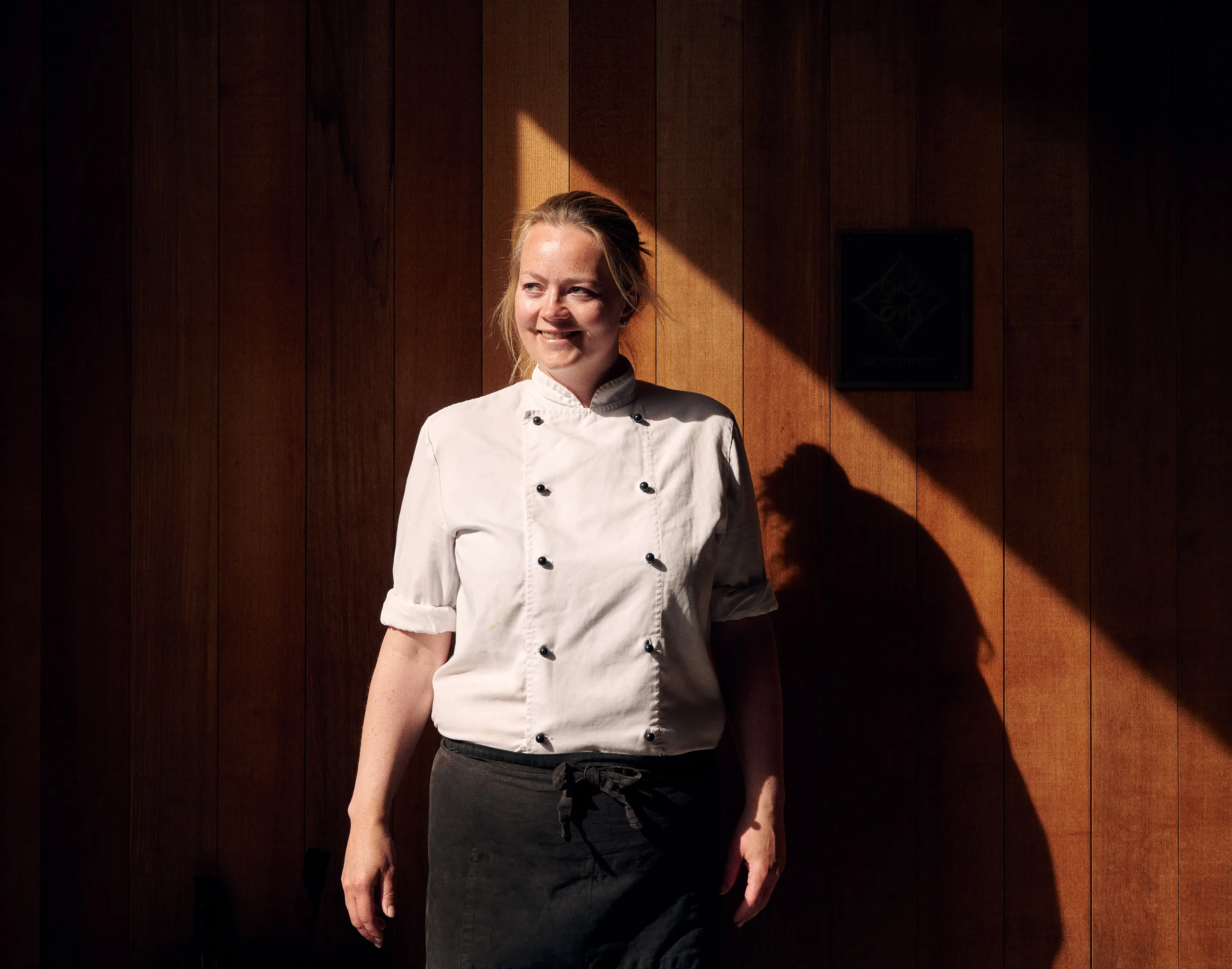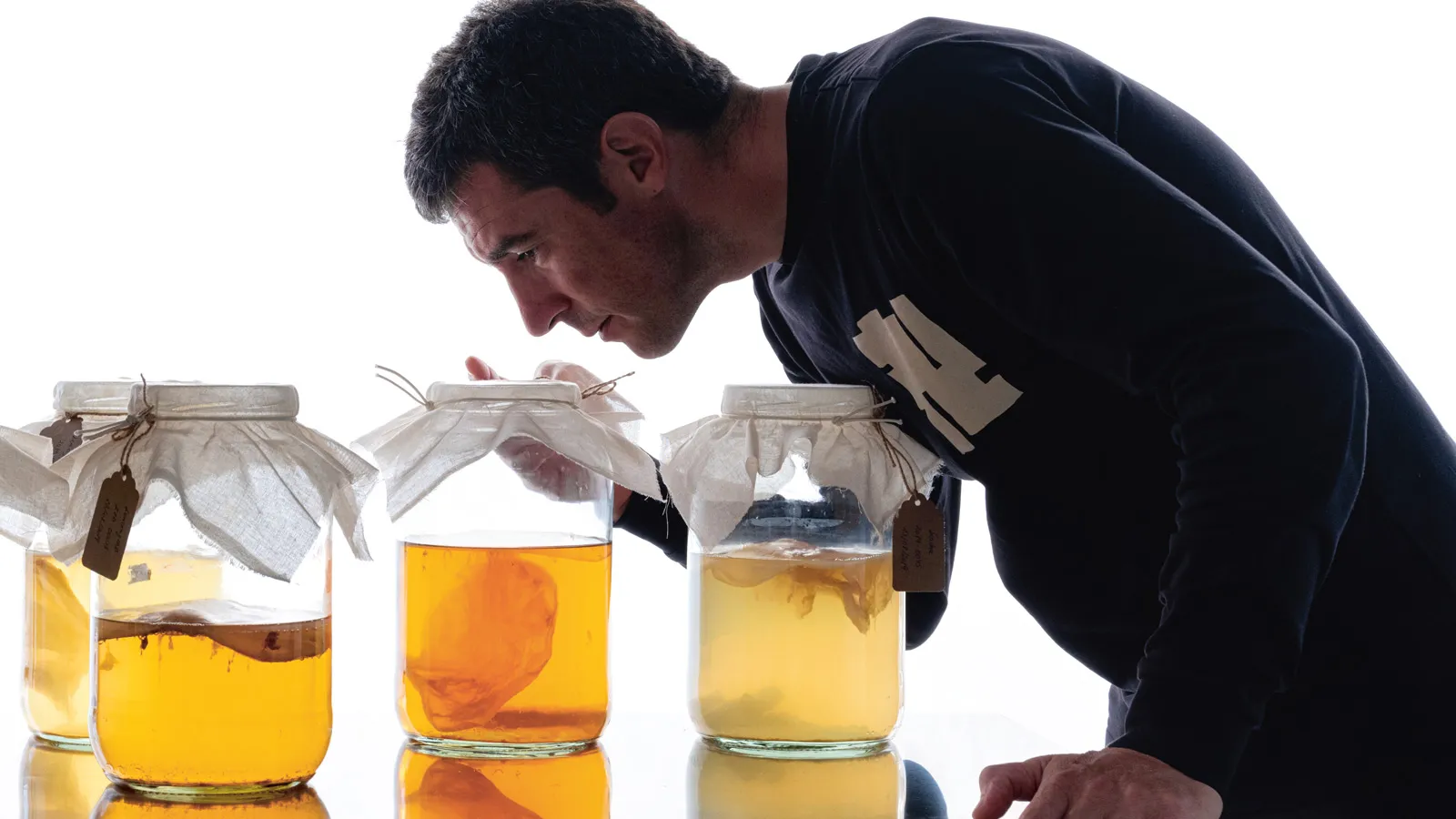
Towards a sober drinking culture
Being sober is in the time. That's why it's teeming with creativity when Sweden's pubs and clubs pick out new non-alcoholic drinks. Is the time ripe for a more versatile drinking behavior?

No items found.
“We want to offer a holistic experience without the negative effects of alcohol. That people want to drink less is a natural part of a sustainable lifestyle. Sustainability is about a holistic approach that is based on both the environment and health.”
Ever since the beginning of civilization, we have consumed alcoholic beverages in one form or another. Tirelessly, it has been balanced on tight tightrope by the insidious romance of alcohol -- in which wine, beer and spirits were drunk not only for their taste, but also for their liberating and social effect. It has all shaped a deeply rooted drinking culture, where alcohol stands as party fixer number one.
But isn't it a bit limited that our entire drinking culture should contain only alcoholic beverages? Wouldn't it be so much more versatile with a white, broad and more inclusive range? The demand for non-alcoholic drinks is increasing and since the mid-2000s alcohol consumption has decreased in Sweden. Thinking sober is a thing of the past and, like phoenix, non-alcoholic drinking behaviour rises from the ashes.
There are exciting things happening in our restaurants. Seasonal drinks are taking shape like never before and with a rarely-seen ingenuity. At the well-known Stockholm restaurant Adam/Albin, for example, you can replace the evening's red wine with an exclusive geisha coffee brewed super lightly and flavored with wild-picked elderberries, bay leaves and black pepper. For dessert, a grape juice flavored with miso and tonka beans is served under the name - Miso happy.
“More and more people are asking for alcohol-free, and of course it should keep the same premium quality as our other drinks. The advantage of the non-alcoholic drinks is that we can do exactly what we want. We start from high-quality and preferably organic produce in season and mix wild and to perfection,” explains Adam/Albin's sommelier Sören Polonius.
With the sense of something good, development, as a rule, proceeds quickly. Beverage manufacturers have also taken the step towards a more sober culture. Chefs Dani Lasa and Ramon Perisé don't see the point of people having to suffer because they didn't want to drink wine. So a few years ago they started experimenting with kombucha in a garage in an alley in San Sebastián. This with the idea of producing a gastronomic and vibrant drink by working sustainably, artisanly and refined. What a success! Today, four different types of aged kombucha are produced with a perfectionist touch - Ama Pét Nat Tea is based on exclusive tea varieties and mountain water that ferments and is bottled for at least six months.
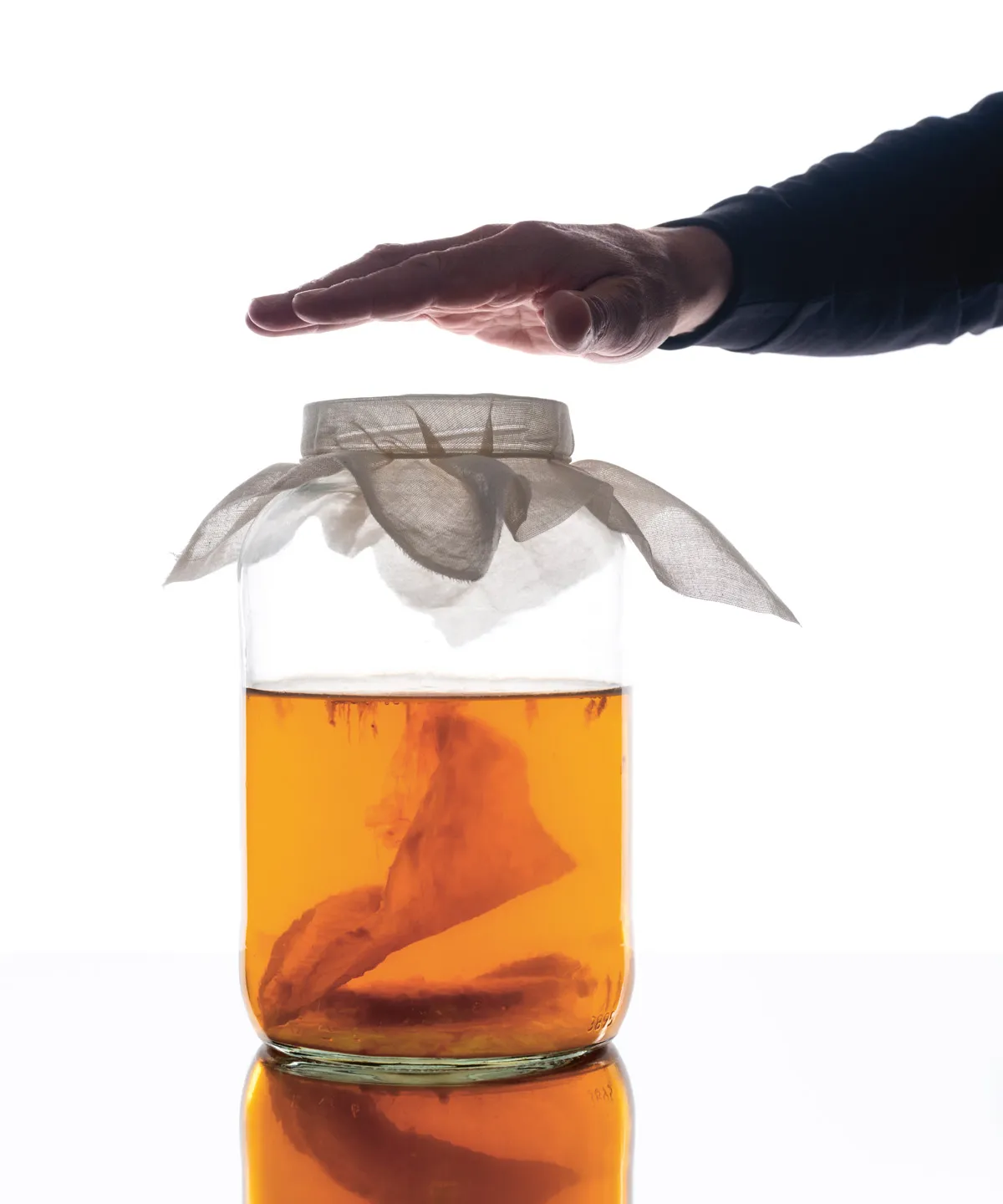
No items found.
Germany's foremost winemaker Johannes Leitz, for his part, has succeeded in the art of producing a truly great non-alcoholic wine. He uses vacuum distillation, a process that essentially separates the wine's constituents at relatively low temperatures. Then the alcohol is removed and the remaining parts are reassembled. The result is a wine that actually tastes like wine and is really good, through fresh aromatic riesling and flirty berry pinot noir.
The beauty of crow singing is that the ever-increasing demand for non-alcoholic drinks is not just affecting the beverage industry. It has also spilled over onto social behaviour where alcohol is no longer an obvious part of the galley itself. Concept developer Magnus Helldahl missed the opportunity to party sober and started the alcohol-free pop up nightclub Inside//Out Sober Club in Gothenburg. He describes it as the party of the future. A meeting place based on an inspiring environment, great music and fun events.
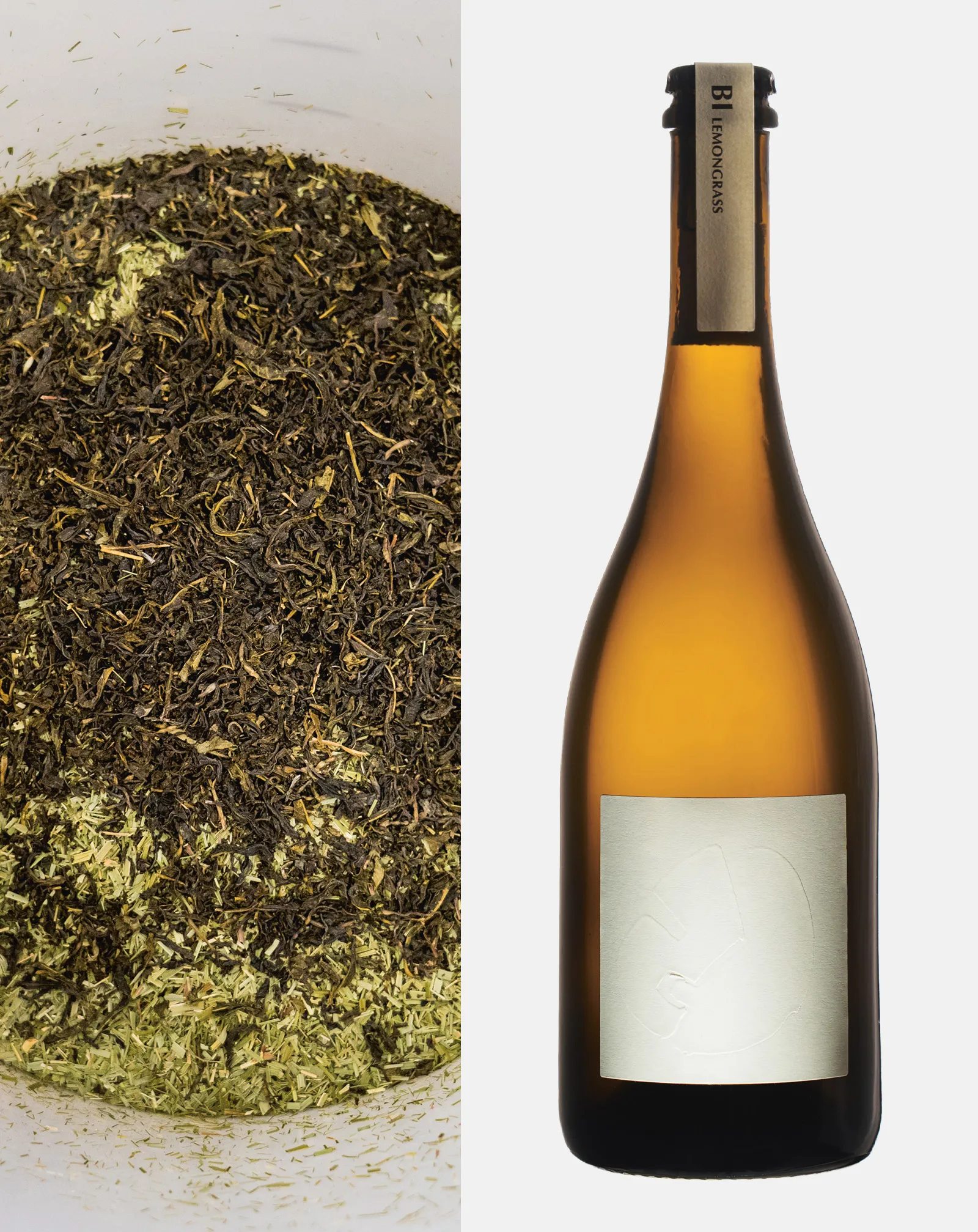
No items found.
“We want to offer a holistic experience where the negative effects of alcohol are removed. That people want to drink less is a natural part of a sustainable lifestyle. Sustainability is about a holistic approach that is based on both the environment and health,” Magnus explains.
The Inside//Out Sober Club opened its doors for the first time after midsummer last year and tickets quickly sold out. After the New Year, Magnus also plans to open nightclub in Stockholm; “I look at sobriety as a strong, sustained trend. It has become a counter-reaction to the constant stress and burnout with which we are dragged. Inside//Out Sober Club will help people to have real fun without alcohol”.
The growing interest in non-alcoholic drinks gives rise to an ever larger and nicer range, in which alcohol is to a lesser and lesser extent about drinking well or less well, having fun or less fun. Through this we can look forward to a diverse and beneficial drinking culture where a sober evening is not about opting out of anything but alcohol.
